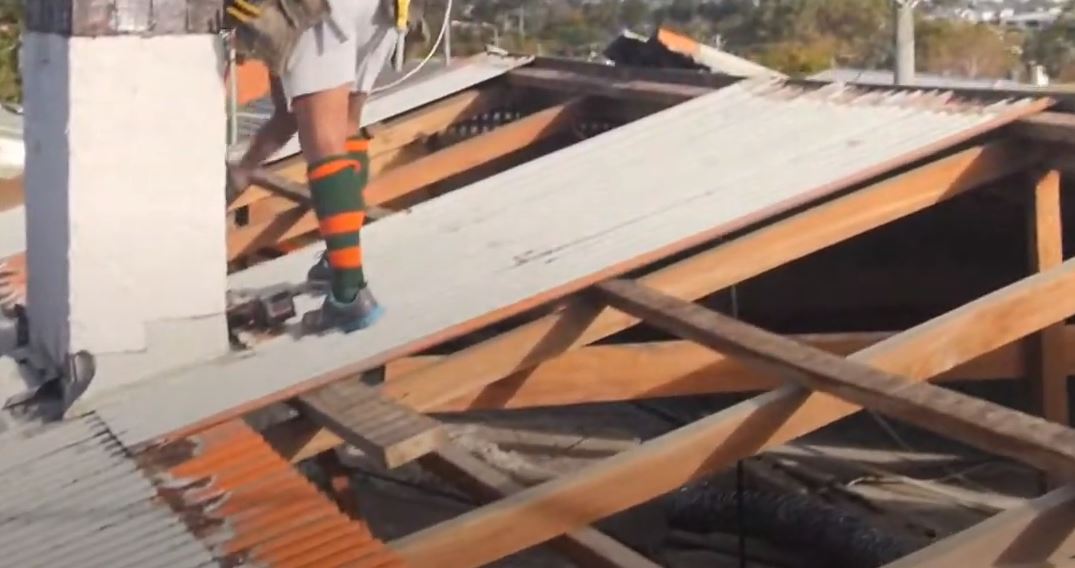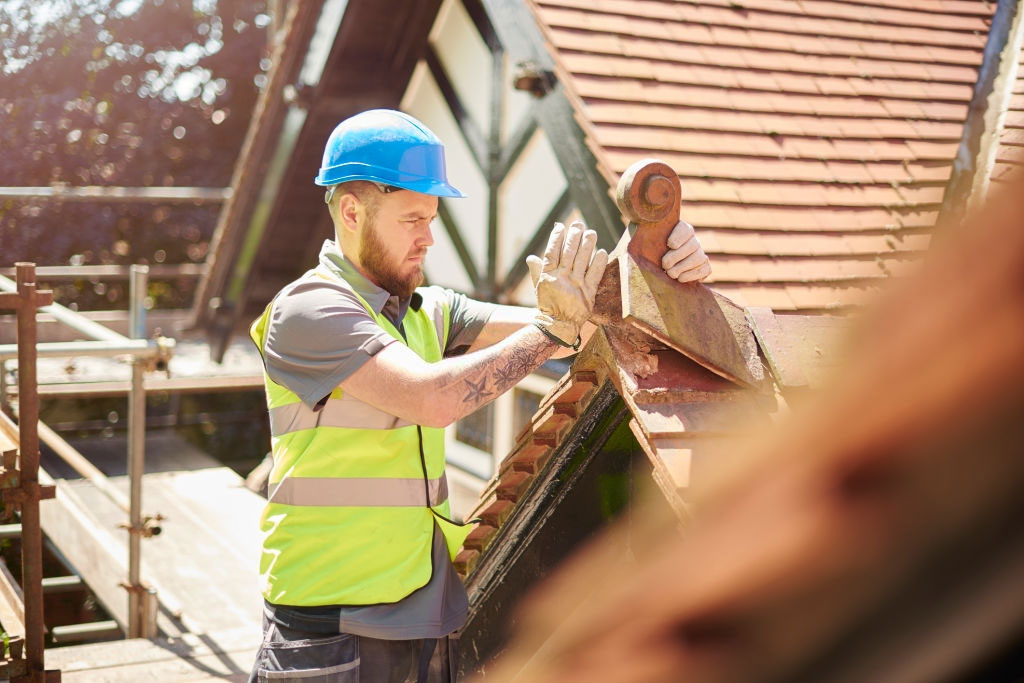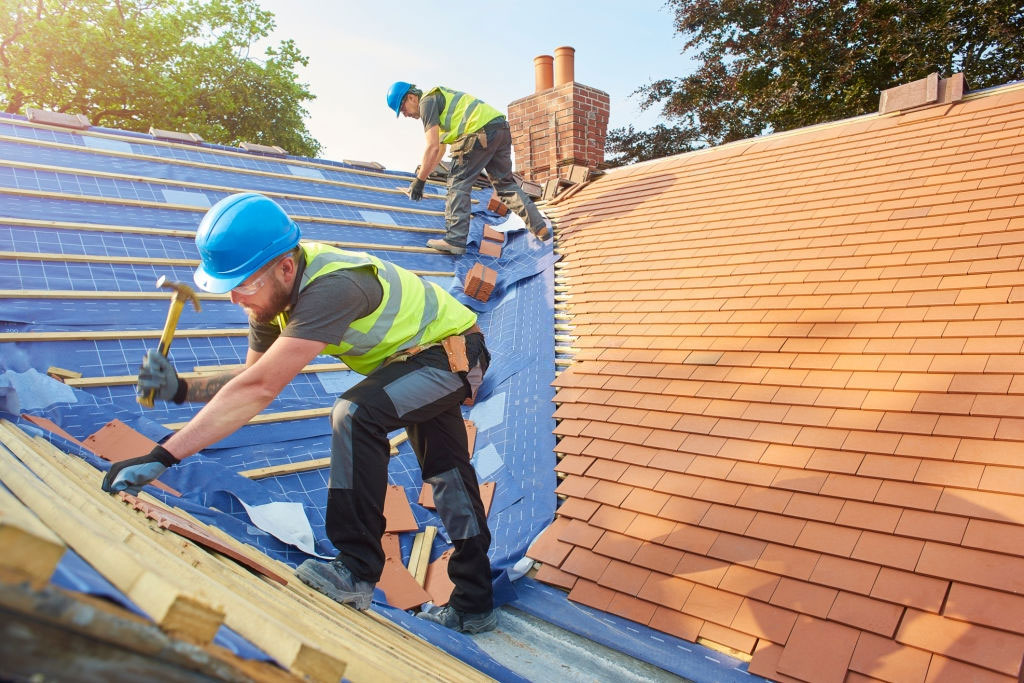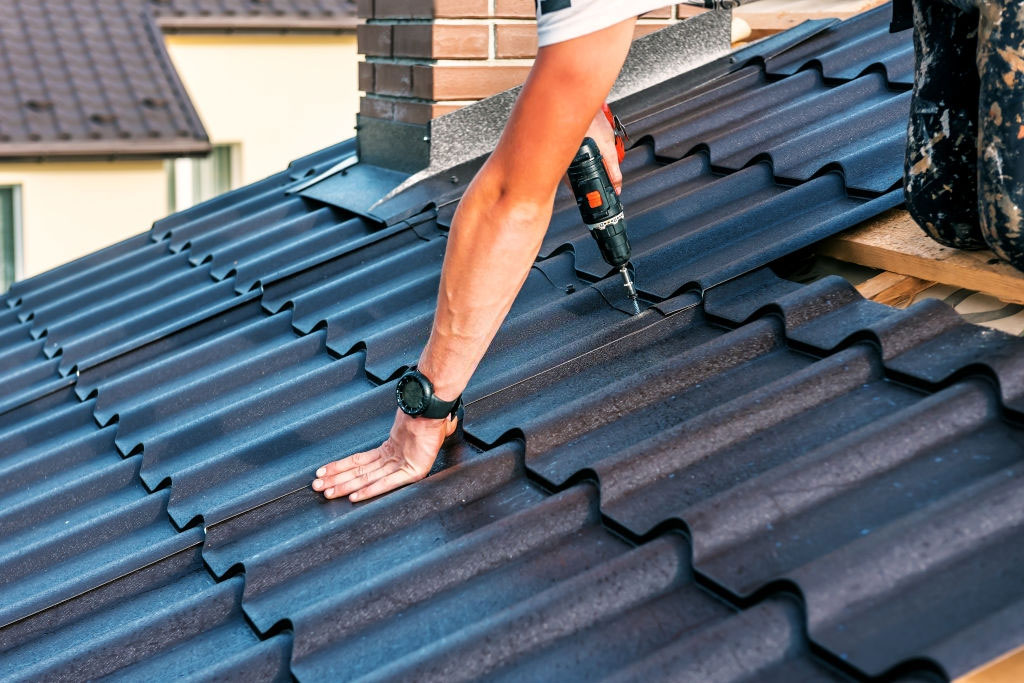Spotting Roofing Troubles Early
Roofing issues aren’t always conspicuous. However, if you live under Auckland’s dynamic weather, it’s crucial to keep an eye out. Some signs include:
Worn-out Shingles: A roof shedding granules or showing curled edges needs attention.
Water Damage: Brownish spots on the ceiling or damp walls, especially after those Onehunga downpours.
Daylight Sneaking In: If the Manukau sunrays peep through roof boards, there’s a vulnerability.
Moss and Algae Growth: Particularly common in damp areas like Waitākere, this can trap moisture and damage your roof.
Auckland Suburb Dynamics and Roofing Issues
Different areas face varied issues:
Mount Eden’s Historic Homes: Older roofs in these areas often show wear earlier.
Coastal Regions, e.g., North Shore: The salty sea breeze can speed up corrosion, especially on metal roofs.
Roof Restoration Types and Costings
When problems arise, Aucklanders have options:
Roof Repair: Best for minor issues. Costs range from NZD $350-$800 for common repairs.
Reroofing: Essentially overlaying a new roof on the old one. It’s an intermediate solution costing between NZD $110-$180 per square metre for popular materials like asphalt shingles.
Complete Roof Replacement: Starting fresh, this option, usually seen in Ponsonby and other upscale suburbs, can range from NZD $110-$300 per square metre, depending on materials.
Roofing Materials: Choices and Costings
Here’s what Auckland’s market offers:
Metal Roofing: Durable, recyclable, and common in areas like Papakura. Costs around NZD $150-$210 per square metre.
Concrete Tiles: Popular in Epsom, these are priced between NZD $60-$100 per square metre.
Long-run Steel: Found in Otahuhu and other suburbs, it’s about NZD $55-$95 per square metre.
Auckland’s Regulatory Landscape
Roofing activities aren’t without guidelines:
Historic Suburbs like Parnell: Restoring heritage homes may require adherence to specific aesthetic standards.
High-Density Zones like Newmarket: Height and noise restrictions could apply, especially during replacements.
Auckland Council consent costs for roofing works hover around NZD $1,500-$5,000. Suburb-specific rules and codes should be checked before embarking on any project.
Key Takeaways
Vigilance is key. Regular checks, especially after Auckland’s temperamental weather, can prevent bigger issues.
Each Auckland suburb brings its roofing challenges; understanding them can guide your decisions.
The cost of addressing roofing issues varies based on the solution and material.
Frequently Asked Questions
Why does my Auckland roof have moss?
The city’s humid environment, especially in suburbs like Waitākere, promotes moss growth. Regular cleaning can help.
Do I always need council consent for roofing activities?
Not for minor repairs. But structural changes or replacements in regulated areas may require permissions.
How can I make my roof more environmentally friendly?
Opt for recyclable materials like metal or ensure efficient insulation to reduce energy consumption.
Is it cheaper to repair or replace?
While repairs might seem cost-effective short-term, consider the roof’s age and overall condition. Sometimes, a replacement offers better long-term value.
What’s the lifespan of an average Auckland roof?
It varies based on material and maintenance, but on average, 20-30 years for shingle roofs and up to 50 for tile roofs.
Deciphering the state of your roof isn’t just about spotting issues. It’s about understanding Auckland’s unique landscape, bylaws, and your home’s specific requirements to make an informed decision.



